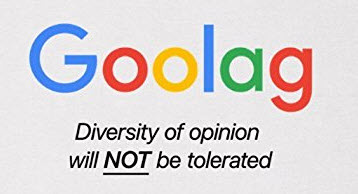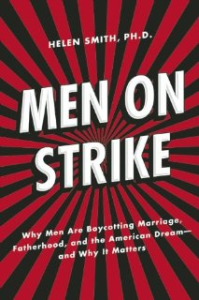From the Grassroot Institute of Hawaii takes on the “we can’t drill ourselves out of our energy problem” mantra.
Drilling is no silver bullet. But it is vital. It won’t generate overnight production. But just announcing that America is finally hunting oil again would send a powerful signal to energy markets… and to speculators – many of whom are betting that continued US drilling restrictions will further exacerbate the global demand-supply imbalance, and send “futures” prices even higher.
Pro-drilling policies would likely bring lower prices, as did recent announcements that Brazil had found new offshore oil fields and Iraq would sign contracts to increase oil production. Conversely, news that supplies are tightening – because of sabotage in Nigeria’s delta region, or more congressional bans on leasing – will send prices upward.
and where to drill? ANWR of course. Mr. Driessen claims oil could be flowing in 5 – 10 years depending on the number of law suits. Regarding the “spoiling the refuge argument” he points out…
Drilling and production operations would impact only 2,000 acres – to produce 15 billion gallons of oil annually. Saying this tiny footprint would spoil the refuge is like saying a major airport along South Carolina’s northern border would destroy the state’s scenery and wildlife.
Remarking on the potential alternatives…
It’s a far better bargain than producing 7 billion gallons of ethanol in 2007 from corn grown on and area the size of Indiana (23 million acres). It’s far better than using wind to generate enough electricity to power New York City, which would require blanketing Connecticut (3 million acres) with turbines.
ANWR represents $1.3 trillion that wouldn’t have to be sent to countries that don’t share our ideals of freedom.
The Geological Survey and Congressional Research Service say it’s 95% likely that there are 15.6 billion barrels of oil beneath ANWR. With today’s prices and technology, 60% of that is recoverable. At $135 a barrel, that represents $1.3 trillion that we would not have to send to Iran, Russia, Saudi Arabia and Venezuela. It means lower prices and reduced risks of oil spills from tankers carrying foreign crude.
Not to mention…
It represents another $400 billion in state and federal royalties and corporate income taxes – plus billions in lease sale revenues, plus thousands of direct and indirect jobs, in addition to numerous jobs created when this $1.7 trillion total is invested in the USA.
Concluding…
This energy is likewise the common heritage of mankind. Politicians and eco-activists have no right to keep it off limits – and tell the rest of the world: We have no intention of developing American energy. We don’t care if you need oil, soaring food and energy prices are pummeling your poor, or drilling in your countries harms your habitats to produce oil for US consumers.
Those attitudes are immoral and intolerable. It’s time to drill again here in America – while conserving more and pursuing new energy technologies for the future.
I agree 100% with his conclusion. Conservation IS important, expanding alternative energy technologies IS importannt. That said, choking our economy to make sure we do the above is, at the least, “not thinking the problem through” and at worst arrogant stupidity.









